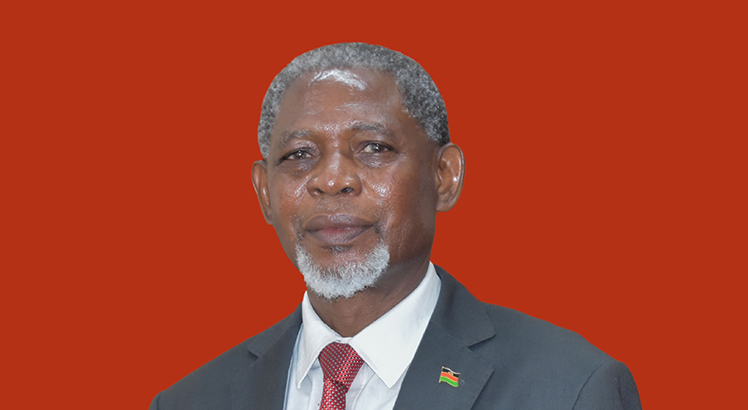Parliament passes Electoral Reforms Bills
Parliament has passed the Presidential, Parliamentary and Local Government Election Bill, effectively putting in place a comprehensive legal framework for the regulation of the three elections in the country.
The House also passed the Constitution Amendment Bill to align the new electoral laws with the Constitution.
Minister of Justice Titus Mvalo commended members of Parliament (MPs) for passing the two Bills, saying the laws put in place will promote management of the elections.
He said the country needed a law that would help manage a second poll in a presidential election.
“In the event where none of the presidential candidates has secured 50+1 vote, the second poll will help decide the winner. The best two candidates will have to compete,” said Mvalo.

The new electoral law has consolidated the Parliamentary and Presidential Elections Act and the Local Government Elections Act into one piece of legislation to improve accessibility and consistency of the legal framework governing the conduct of elections in Malawi.
It has also provided procedure for a second poll in a presidential election where no candidate manages to achieve majority of more than 50 percent in the first poll.
The law provides that only two best candidates will compete in the second poll which will have to be conducted 60 days after declaration of the results of the initial election.
The new law has also made the polling day a public holiday to enable more people to vote, with voting to start from 6am and close at 4pm to give ample time for counting of votes.
In the new law, election offences will attract a fine of K10 million and five years imprisonment.
The law has also made nominations fees non-refundable.
The Constitution Amendment law, on the other hand, has formalised the name Malawi Electoral Commission which means the institution will no longer be called Electoral Commission. The composition of the electoral body will be not less than four members and a maximum of six, excluding the chairperson.
Both opposition and government sides supported the bills.
Democratic Progressive Party spokesperson on the bills Yusuf Nthenda said it was necessary to have a comprehensive legislation to govern elections.
He said the changes that are being made will help promote proper management of the election.
“For instance, having voting start from 6 am and close at 4pm will help to ensure that counting of the votes start early and have people know the results in good time,” Nthenda said.
United Democratic Front spokesperson on the Bill Lilian Patel also supported the Constitution Amendment, saying it was long overdue.
She said the procedure for a second poll for presidential election needed to be looked into during the 2020 Presidential Election.
However, Patel was against making nomination fees non-refundable, saying MEC should not be there to fundraise.
Some MPs proposed the MPs nomination fee be increased to K5 million, saying doing so will help MEC manage the elections without much external support.
After much debate, the Bills were eventually passed with support from both sides of the House.
Malawi will be holding the next general elections in 2025 having held the presidential elections in 2020. Following nullification of the 2019 presidential election by the court.





